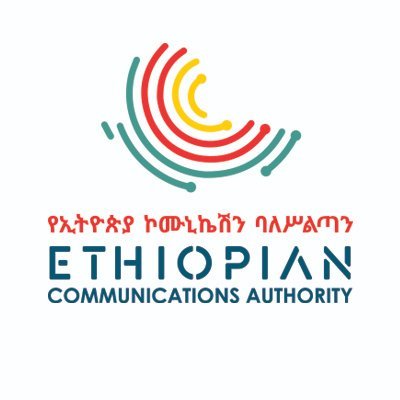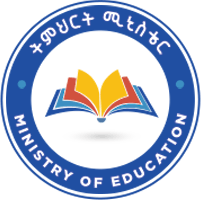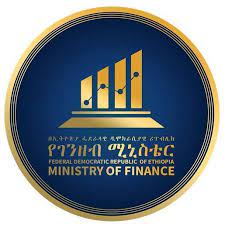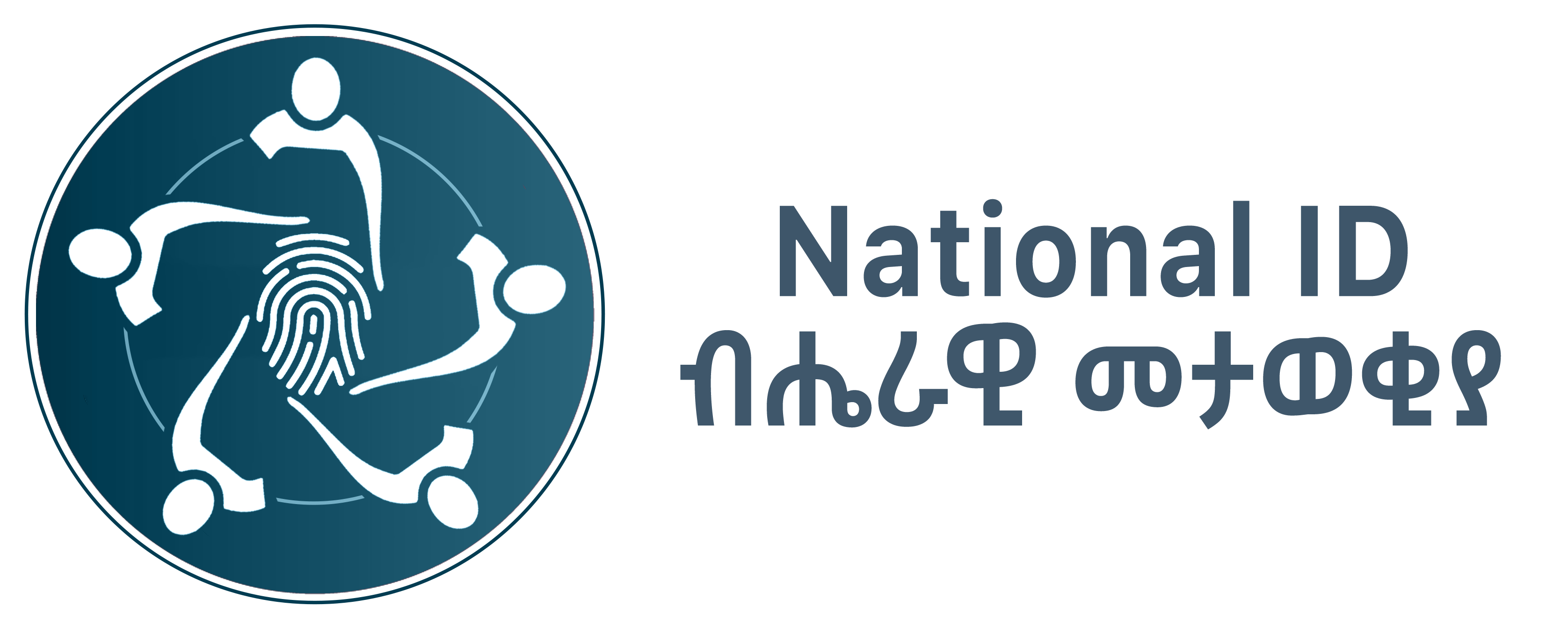Components
Component Three – Digital Business and Entrepreneurship
This component aims to nurture digital entrepreneurship and incentivize digital businesses to train, provide digital devices, and employ Ethiopians to participate in the digital economy, and thereby to generate income and jobs. It includes a TA sub-component to the MInT for digital market regulations and implementation. Following the recommendations of the Digital Entrepreneurship and Innovation diagnostic study in Ethiopia1 as well as stakeholder feedback, the proposed interventions under this component are focused on addressing the access to finance and digital economy skills constraints. Specially this component is expected to provide basic digital economy training and digital devices for the informal sector (for example, individual contractors or suppliers), but with an industry focus for practical applications. This component has two main interventions that will finance: (a) two grant funding windows for digital start-ups and digital businesses; and (b) TA to the MInT:
3.1 Grants to digital start-ups and digital businesses
This Sub-component introduces two financing windows for digital start-ups and digital businesses given the nascent stage of Ethiopia’s digital start-up ecosystem, as demonstrated by limited sector performance in terms of the number of successful digital start-ups and participation by offline micro, small and medium-sized enterprises (MSMEs) and individual contractors to adopt digital business models and participate in the digital economy:
-
Window 1 is a co-investment grant aimed at helping digital start-ups gain access to risk capital, knowledge and networks to start operating as a viable business, following an MFD approach.
-
Window 2 is aimed at incentivizing more established digital businesses to provide training, digital devices and other support to Ethiopians to participate in the digital economy by becoming suppliers of goods/services for productive purposes (for example, enabling offline farmers to sell products via eCommerce and earn higher income).
A matching grants instrument has been chosen as the most appropriate mechanism to support digital start-ups and digital businesses given the current Ethiopian context. As part of the TA program for the MInT, under Subcomponent 3.2, creating a more sustainable early-stage financing mechanism, such as potentially setting up a ’fund of funds’ or ‘capital guarantee fund’ can be supported by this project.1
During project preparation, the COVID-19 pandemic hit the global economy and MSMEs are one of the most vulnerable segments. The grant mechanism will allow for quick disbursements of funds to digital start-ups and provide support to small offline suppliers that are most vulnerable to macroeconomic shocks and have little capacity to sustain cash flows – for example, helping restaurant owners to gain access to training and digital devices to take orders from online platforms; helping manufacturers of personal protective equipment (PPE) gain access to an eCommerce platform, or a large B2B wholesaler, to export.
Window 1: Co-investment Grants to Digital Start-ups
The objective of this window is to help digital start-ups gain access to risk capital, knowledge and network, to start operating as a viable business with an MFD approach. The process would start, each year, with a shortlisting by public and private incubators of promising start-ups to pitch in front of a group of private sector investors (for example, Ethiopian Business Angel Network (ETBAN) operated by the IBA Ethiopia Center of Innovation, or the diaspora-led Addis Angel Investors Network). Private investors would then select promising and credible start-ups in which to invest. At this stage, the project would finance a 1:1 co-
investment matching grant up to a maximum of US$100,000 for each of the selected firms. A Matching Grants Manual (MGM) will set out the criteria and verification method of eligible private investors and digital start-ups to minimize the risks of mis-using public grants. One of the conditions for grant access would be for the start-up owners to receive digital entrepreneurship training, and an aftercare service -- either via the mentorship provided by the private investors or via the incubation/acceleration centers -- that will help them to submit their pitching proposals. Another condition might be that applications that have an intended developmental/inclusion outcome (for example, climate resilience) will be favored over those with purely commercial interests. The matching grants program will be guided by principles of equal opportunity and will use mechanisms to ensure that women are well represented. The steering committee to be set up for the project would include key relevant government agencies, academia, as well as private sector organizations and other stakeholders who have knowledge of the latest technology trends and applications.
Window 2: Digital adoption and inclusion grants to digital businesses
The objective of this window is to incentivize digital businesses to provide digital economy training and digital devices to suppliers to participate in the digital economy (for example, enable offline farmers to sell products on eCommerce platforms). The grants of up to US$200,000 per firm would be provided to selected digital business to partially cover the costs (up to 50 percent) associated with providing training, digital devices and outreach programs to suppliers and contractors (individuals who would be interested to sell their goods or services through the digital platforms). The individuals should use the product or service provided by the digital business to engage in productive economic opportunities, such as becoming a seller on eCommerce, a host on accommodation sharing platform, or a driver on ride sharing or delivering services. To improve the inclusiveness of this training, businesses being awarded these grants will be provided cost reimbursement to reach out specifically to suppliers who are women or belonging to other disadvantaged groups, with indicators tracking their outreach to such suppliers. In particular, the project will seek to address the constraints of female suppliers – who may face higher childcare and household demands, by adopting digital business models to have a more flexible work arrangement (for example, gig jobs in off hours only, or in locations near their households). Rural suppliers could also benefit from receiving training and digital devices to monitor and improve yields to increase income. Areas of training are likely to include digital finance, business and communication skills, SME digital platform adoption and device usage training (for example, taking professional product photos and writing clear product specifications, conform to quality standards to participate in eCommerce).
The Matching Grants Manual will set out the criteria and verification method by which eligible digital businesses and eligible expense items in the income statement, can qualify for the cost reimbursements. The guiding principles for cost reimbursement include the
following: (a) the income statement of an eligible digital business would need to demonstrate successful disbursements of commissions and or revenue shares to suppliers; and (b) the income statement of an eligible digital business has to show the number of new suppliers recruited each year, with a cost breakdown covering the costs of training and digital device provided to new suppliers (with female, disability and rural supplier breakdowns). It is suggested that the total grant funding envelope targeting the disadvantaged group whether rural, or female, or persons with disabilities should be at least 50 percent of grant window 2. Support for the provision of digital devices will also bolster the implementation of Component 2, especially the education Sub-component 2.3. To maximize the utilization of the two grant funding windows, the allocation amount between the two windows can be flexible.
3.2 Technical Assistance to the Ministry of Innovation and Technology
As digital businesses start operating and growing, this Sub-component will also provide capacity building to the MInT for harmonizing Ethiopia with the regional digital single market initiative under the proposed Horn of Africa Initiative1. The harmonization can include conforming to regional standards for e-transactions, e-customs, e-signatures, cross-border data management, consumer protection, and cybersecurity. It is expected that with the digital single market harmonization, digital firms will be able to participate in global value chains. Furthermore, both domestic and foreign firms would operate and compete under the same conditions in Ethiopia, which in turn increases market efficiency and maximizes welfare gains for suppliers and consumers. Capacity building to set up a government co-invested venture capital fund or operationalize the Digital Government transformation can also be supported.
This component would also assist the MInT in implementing the Digital Transformation 2025 Strategy2. This sets out four digitally-enabled “pathways”, based around agriculture, manufacturing, a domestic IT enabled services sector and tourism. The project will help finance digital specialists within the MInT to work with line ministries in these four areas to develop digital capabilities. The strategy also recognizes three key enabling systems: digital ID, digital payments and cybersecurity. Again, project funds will be used to review policies and practice in each of these areas and to recommend implementation strategies. The project will also assist MInT in developing the planned Innovation Fund and a policy document on the implementation of matching grants.





